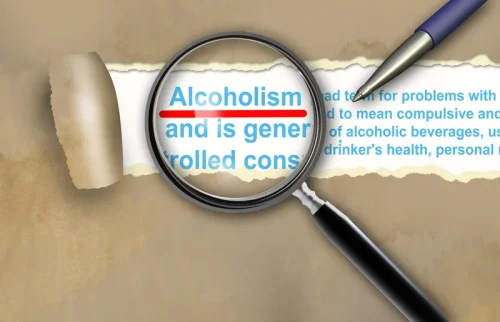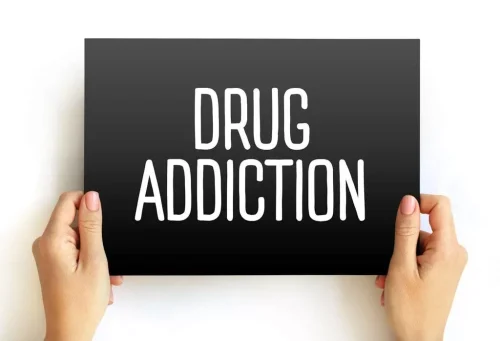
Recovery works through one alcoholic sharing their experience with another. A.A.’s program of recovery is built on the simple foundation of one alcoholic sharing with another. In your journey toward recovery, you’re going to experience a lot of ups and downs. During early sobriety, you will have signs and symptoms – some mild, others uncomfortable. The most common ones include fatigue, mood swings, and depression. There are various addiction treatments available to help people achieve and maintain sobriety.
More on Substance Abuse and Addiction
Although many people are tempted to make other major life changes during this stage of recovery, such as changing jobs, experts recommend focusing energy on stopping drinking for at least the first year. That said, there are four general stages of recovery, as compiled by addiction expert Steven M. Melemis, sober alcoholic meaning MD. These stages can help prevent relapse and support people to live healthier, fuller lives. If you think you may have a drinking problem, you’re definitely not alone. In 2021, researchers estimated nearly 30 million people ages 12 years and older in the United States had alcohol use disorder (AUD).
Build Healthy Relationships
For most, it’s an excellent first step towards successful long-term addiction recovery. Outpatient rehabs are another type of comprehensive addiction recovery treatment program. These addiction treatment programs https://ecosoberhouse.com/article/alternatives-to-alcohol/ offer many of the same types of treatments and therapies as inpatient rehabs. Rehab is a common addiction recovery treatment for sobriety. There are different types of rehab recovery programs available.

Stay Cool and Calm

Some are structured in programs, such as the 12-step approach used by Alcoholics Anonymous and similar addiction recovery programs. A person who is getting sober may be getting sober from one substance or all substances. Their process of getting sober will depend on numerous factors, including the severity of drug or alcohol use disorder and long-term goals of sobriety. A recovery coach supports a client through life’s everyday challenges. Whether returning to work or finding a new job, reconnecting with friends or family, establishing healthier routines, or outlining new goals, a recovery coach can bring clarity and strategy to a difficult time.
- Learn more about the short- and long-term effects of drinking alcohol.
- Alcohol consumption can impair coordination and decision-making.
- Your body eventually breaks acetaldehyde into acetate, but it can damage the liver before this occurs.
- Depending on the severity of the addiction or substance being used, a medically supervised detox may be necessary to safely help you.
- SELF does not provide medical advice, diagnosis, or treatment.

- “Being in a community as well, with supportive people around you.»
- There are many opportunities to participate in a variety of ways.
- Most people who make their way into recovery have left a lot of pain and suffering in their wake.
- Post-acute withdrawal syndrome (PAWS) involves withdrawal symptoms that persist past the detox period.
- However, keep in mind that “sleeping it off” can be dangerous when someone has had a large amount of alcohol.
Surround yourself with people who support you
- It’s important to develop a structured daily and weekly schedule and stick to it.
- When I stopped drinking, not only did my recovery dictate that I needed lots of time to myself, lots of self-care, and lots of nights in, I discovered that I was, in fact, someone who relishes in alone time.
- Whether it’s for health, relationship, financial, or any number of reasons, consider creating a list on your phone of the reasons why you want to get and stay sober.

